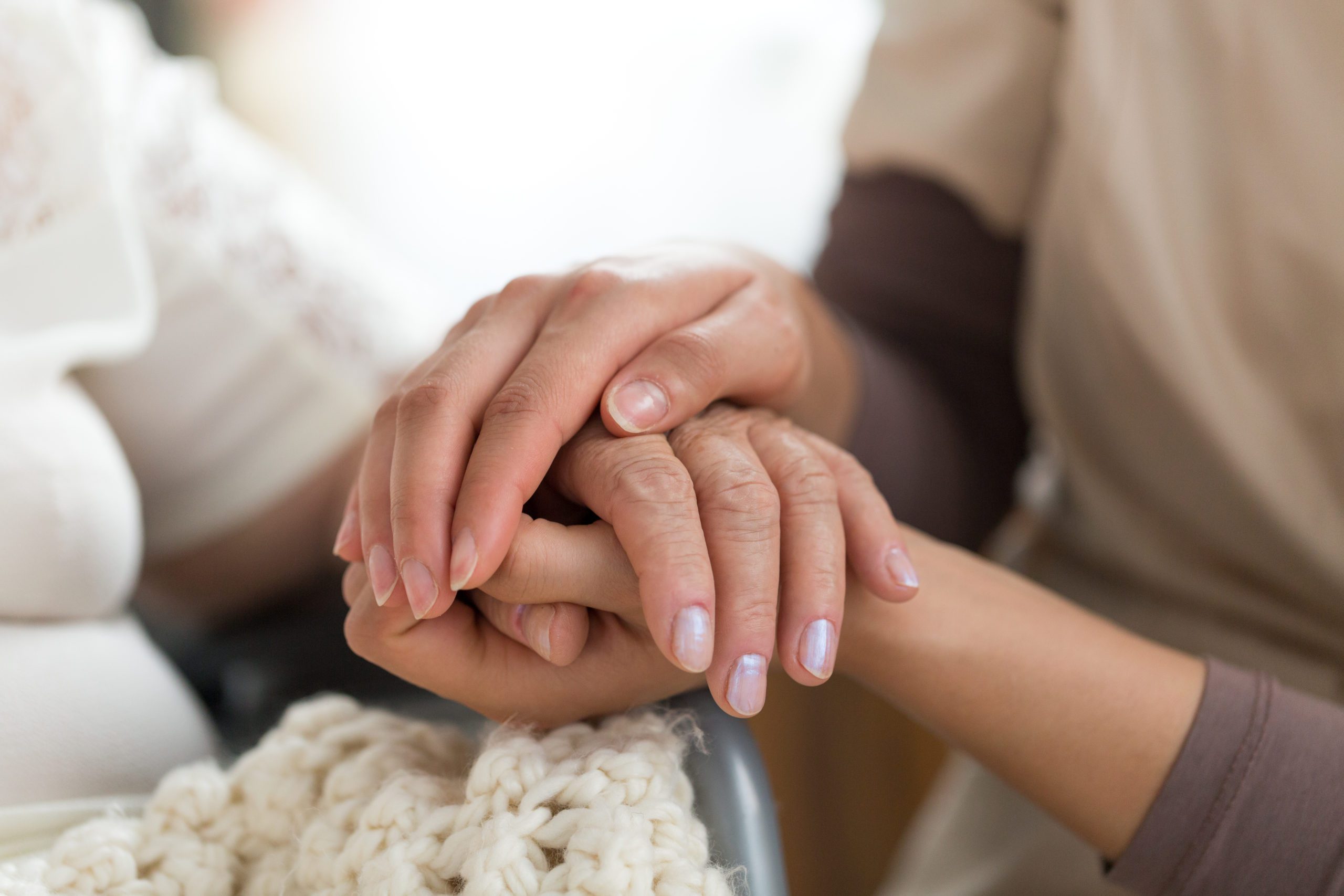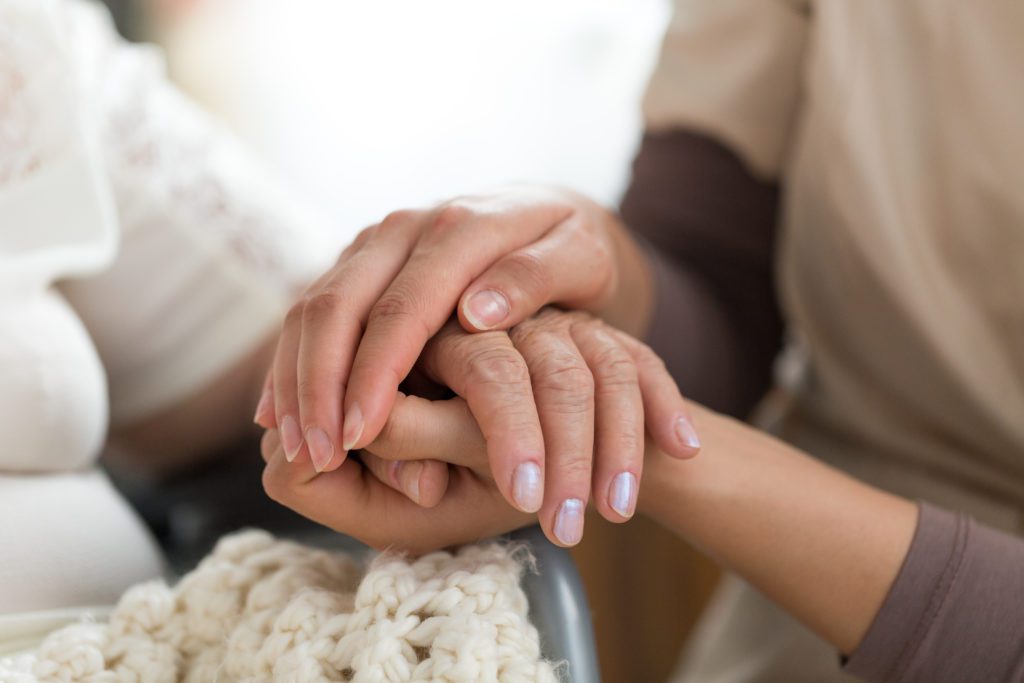
Caregivers
How can we help?

Caregivers provide varying degrees of physical, emotional, and practical assistance for the health, welfare, and protection of those who are not in a position to look after themselves well enough. Recipients of their services include but are not limited to children, older adults, people with chronic illnesses (physical and/ mental) and disabilities. Come to think of it, caregiving is perhaps the most dynamic, hands-on, and expansive healthcare service primarily because its nature changes constantly (often without any warning!) with the changing needs of its recipients. One moment you’re buying groceries and on the other, scheduling doctor appointments; assisting someone as they take a bath or have their meals, providing financial support, and/ or being emotionally available as they confide in you about their fears and dreams. Being able to do so is highly unlikely unless you are being your genuine self.
This rather intimate relationship is often the most meaningful and fulfilling part of a caregiver’s life. The ability to perceive that her/ his efforts are making a positive difference in the quality of someone else’s life (sometimes even in the absence of an overt display of gratitude from the receiver and/ or an observable improvement in her/ his condition) makes caregivers feel needed and resourceful. When the demands test and/ or outweigh their capacities, they continue to march on, their hearts filled with joy and humility. Caregiving helps them learn new skills, strengthen existing relationships and build new ones. They feel active and begin to worry productively (looking for ways and means best suited for the well-being of the receiver) as opposed to letting worry overpower their capacity for action. They may or may not be mindful of this, but their services also lead to multiple financial and societal benefits for their communities. If you know a caregiver, embrace her/ him. Let them know that their work matters.
Although professional caregiving services are on the rise in our country, this responsibility continues to be shouldered by a family member(s) in innumerable homes. Many consider it their duty to do so and never quite recognise themselves as a “caregiver” while some feel as if it’s a job they didn’t sign up for. Feelings of concern, and loyalty towards the recipients of their services are interspersed with frustration, anger, and guilt among others.
Be it informal (unpaid) or formal (paid and professionally trained), full-time or part-time, in shared living spaces or long-distance– attention, kindness, love, and upholding the dignity and autonomy of the receivers are synonymous with every individual who is truly committed to her/ his role as a caregiver. However, this should not mean that caregivers are denied the space to feel otherwise too. As a society, we need to understand that caregiving is one among the many roles an individual takes on at a given time. Even if a caregiver does not have other formal/ informal responsibilities (which is hardly ever the case!), she/ he still has one other person to take care of- the self.
It is not uncommon for several caregivers to ridicule/ dismiss the idea of self-care; either out of denial or a sort of unrealistic optimism that they’ll go on doing everything that they’ve been doing without ever having to recharge their batteries. Simultaneously, there are caregivers who struggle to hold it all together, all the time. The socio-emotional, physical, and/ or financial strains of caregiving deplete their stamina and render them exhausted. They can experience compassion fatigue– a markedly diminished ability to feel empathy for the ones you care, and might wish to no longer be a caregiver. Negative judgments from self and others for feeling this way only serve to aggravate their difficulties.
Caregiving can be a beautiful experience for some, distressing for others, and a mixture of both for some others. It can neither be painted entirely black nor white. We understand the joys and struggles that come with it. We are not here to tell someone who is a devoted caregiver that, “Hey, that’s bad for you.” We are not here to tell someone who is struggling to be a caregiver that, “Hey, you’re being a terrible person.” We are also not here to tell someone who no longer wishes to be a caregiver, “Hey, that’s wrong. How could you even say that?!” We believe that caregiving can coexist with self-care and are here to help you integrate the two. We also believe in your ability to make informed choices and are here to assist you as you decide which roles to take up and how to live them?



